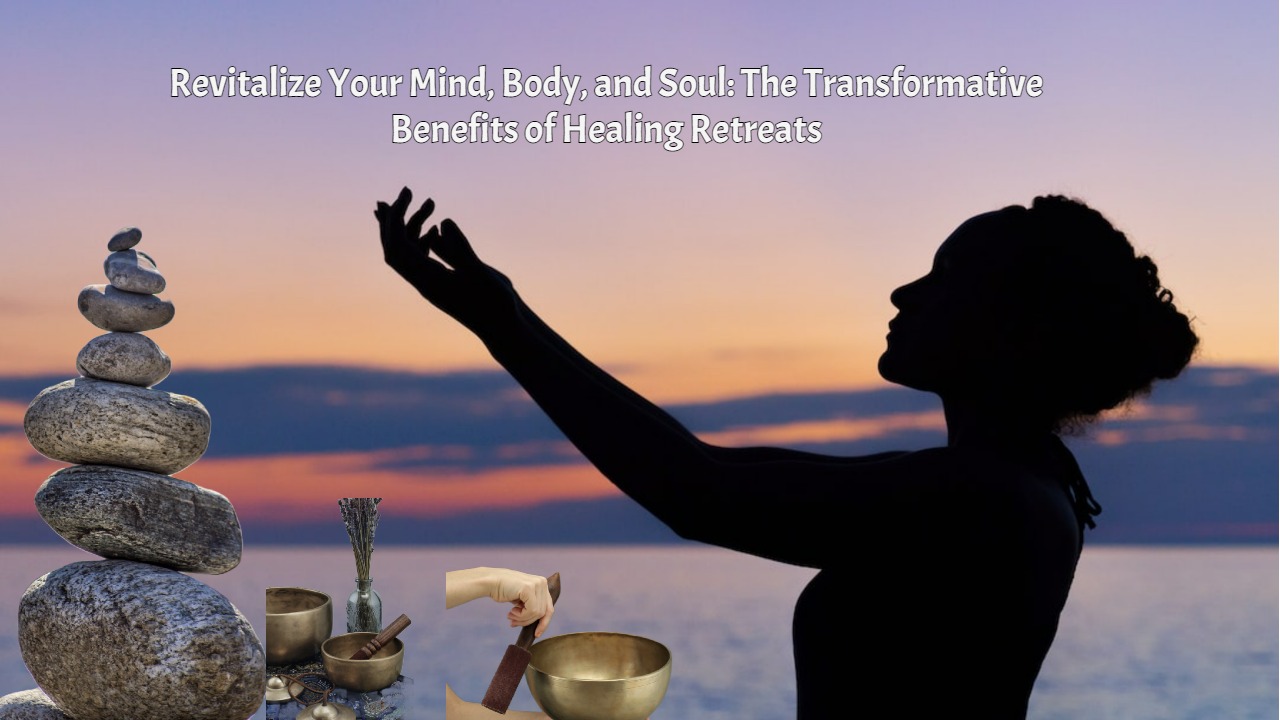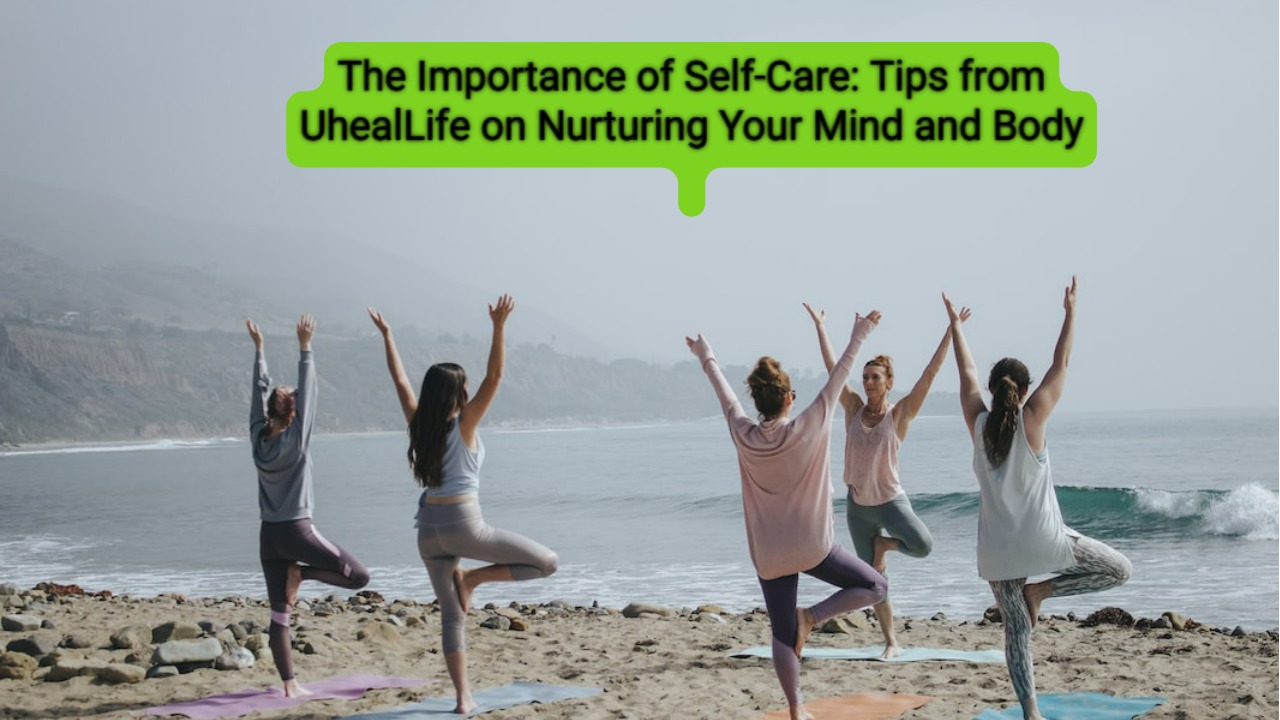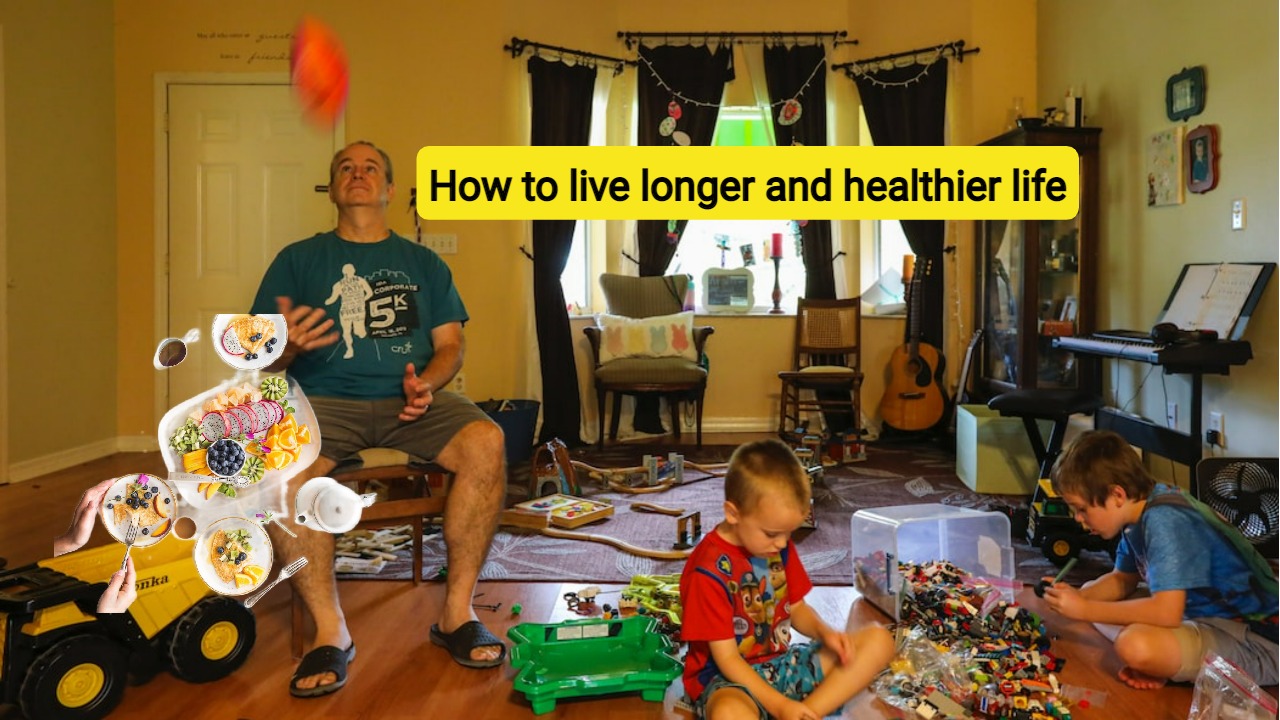Marriage and Graduation Can Be Stressful Life Events: Navigating Through Life’s Challenges
Introduction: Embracing Life’s Milestones
Life is a journey filled with various milestones, and few can match the significance of marriage and graduation. These pivotal moments often mark the beginning of new chapters, symbolizing growth, commitment, and transition. However, beneath the joy and excitement lie hidden stressors that can unsettle even the most resilient individuals. In this article, we will explore the challenges posed by marriage and graduation and offer practical tips on how to manage the accompanying stress. So, let’s embark on this journey of self-discovery and find ways to navigate these daunting life events successfully.
Marriage and Graduation Can Be Stressful Life Events
Marriage and graduation, while distinct in nature, share common threads that contribute to their potential for stress. Let’s take a closer look at these life events and the stress they can bring.
Marriage: A Union of Hearts, Minds, and Stress
Marriage, the sacred union of two souls, is a momentous occasion that brings people together in love and companionship. However, amidst the wedding preparations, family dynamics, and the anticipation of a shared future, stress can creep in. The pressure to plan the perfect wedding, the fear of commitment, and the adjustment to living with a partner can all contribute to the stress surrounding marriage. It is important to acknowledge and address these stressors to build a strong foundation for a fulfilling marital journey.
Graduation: A Gateway to New Beginnings
Graduation, on the other hand, marks the end of an educational journey and the beginning of a new chapter in life. While it signifies accomplishment and growth, it also ushers in uncertainty and a range of emotions. The pressure to secure employment, the fear of the unknown, and the transition from a structured academic environment to the realities of the professional world can all contribute to the stress of graduation. Recognizing and managing these stressors is crucial for a smooth transition into post-graduation life.
FAQs: Addressing Common Concerns
- How can I manage the stress of wedding planning?
Planning a wedding can be overwhelming, but remember to delegate tasks, communicate openly with your partner, and take breaks to prioritize self-care. Additionally, consider seeking support from friends, family, or a wedding planner to share the load and alleviate stress. - How can I cope with the fear of commitment in marriage?
It’s normal to experience apprehension about commitment. Openly discussing your fears with your partner, seeking pre-marital counseling, and taking the time to build trust and understanding can help ease these concerns and strengthen your relationship. - What can I do to navigate the job search stress after graduation?
Job hunting can be challenging, but staying organized, networking, and seeking guidance from career counselors or mentors can make the process more manageable. Remember to maintain a positive mindset, focus on your strengths, and be persistent in your efforts. - How do I handle the pressure to have a successful career after graduation?
Society often places immense pressure on graduates to achieve instant success. It’s important to set realistic expectations, define your own version of success, and celebrate small victories along the way. Remember, a successful career is built over time. - How can I balance my personal life with the demands of a new job or marriage?
Finding balance between personal and professional commitments is essential. Prioritize self-care, set boundaries, and communicate openly with your partner or employer about your needs. Remember, it’s okay













